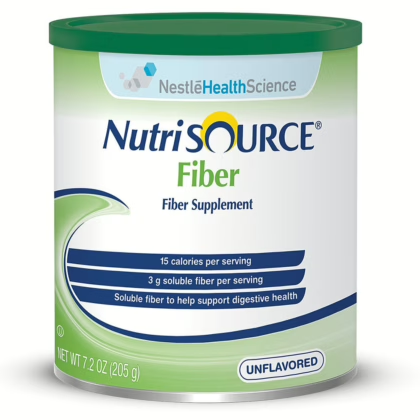
Vitamin C protects body cells against free radicals created by exposure to sunlight, smoking, and other environmental factors due to its antioxidant properties. It also aids in the absorption and storage of iron in the body. It also helps reduce the duration and severity of colds in some people.
Despite its importance in maintaining our bodies’ health, your body does not synthesize vitamin C, thus you must consume it from meals such as
Keep in mind that it degrades with heat and light, thus high cooking temperatures or extended cooking durations can degrade the vitamin. It can dissolve in cooking liquids and lose its value if the liquids are not consumed, although quick heating methods or using as little water as possible when cooking can preserve the vitamin. You can find the highest amount in fresh vegetables and fruits.
Fortunately, you can take dietary supplements such as Provita Effervescent. However, taking supplements may not provide the same antioxidant benefits that you get naturally from food.
Deficiency may lead to scurvy, causing symptoms caused by a loss of collagen that may cause:
Some people are more prone to vitamin C deficiency such as:
The recommended daily intake is 90 milligrams for men and 75 milligrams for women.
Taking a vitamin C supplement over 2,000 milligrams per day can potentially lead to significant side effects, including:
If you noticed these symptoms stop taking vitamin C and consult your doctor.











